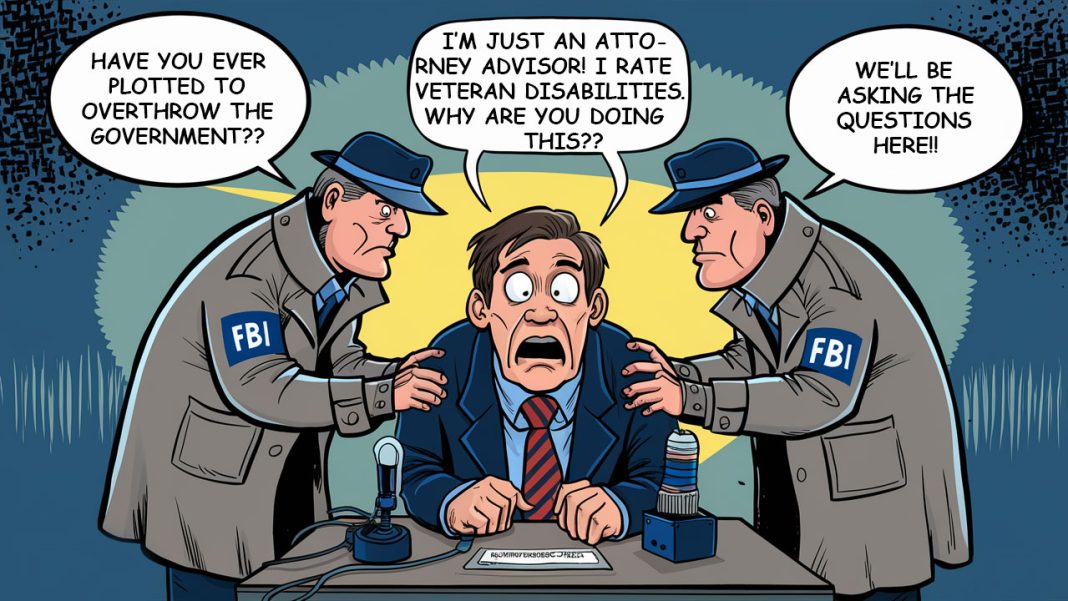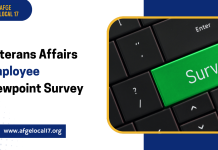About the New Investigation Requirement
Many attorneys at the Board of Veterans’ Appeals have recently received an email with the subject line “New Investigation Requirement.” This email notifies recipients of the need for a reinvestigation or an updated background investigation, citing the position of Atty-Adviser as a Moderate Risk/MR Public Trust position.
The email inaccurately states that recipients have only five business days to complete the required steps, which is not true. Furthermore, the questions included in the investigation process are intrusive, requesting information such as the ethnicity and social security numbers of all household members, making the process both invasive and time-consuming.
Ironically, Board Chairman Areizaga-Soto held a town hall yesterday to address the Board’s ongoing efforts to enhance communication. However, neither the Union nor the employees were informed about the new investigation requirement. Additionally, while the Chairman discussed initiatives related to employee wellbeing, such as meditation classes, there remains resistance to prorating the already burdensome quota that attorneys must meet.
Local 17’s Response to the New Investigation Requirement
In response, the Union has instructed the Department to halt the issuance of further requests and the collection of additional information from targeted employees within our bargaining unit. Furthermore, we have formally requested a briefing to commence negotiations on vital matters including proration, deadline extensions, and other procedural necessities.
Additionally, the Union has informed the Chairman that he has the authority to request an exemption for Board attorneys from this intrusive and unnecessary process, per 5 CFR 732.202(b)(2). An exemption would be sensible considering the risk involved in the attorney-advisor position, which has been improperly assessed as noncritical-sensitive/moderate risk.
The definition of this risk assessment implies a potential for significant or serious damage to national security, which seems incongruous with the duties of a typical attorney-advisor. It’s unclear who conducted the risk assessment for the attorney-advisor position, but it seems highly unlikely that failing to properly rate a Veteran’s medical condition would have any bearing on national security.
We must reconsider the necessity and appropriateness of subjecting attorney-advisors to this level of scrutiny, especially when it seems disproportionate to the nature of their work. Has anyone encountered sensitive national security information while reviewing a Veteran’s claims file for medical reports?
The Union will keep you updated on any new developments.





